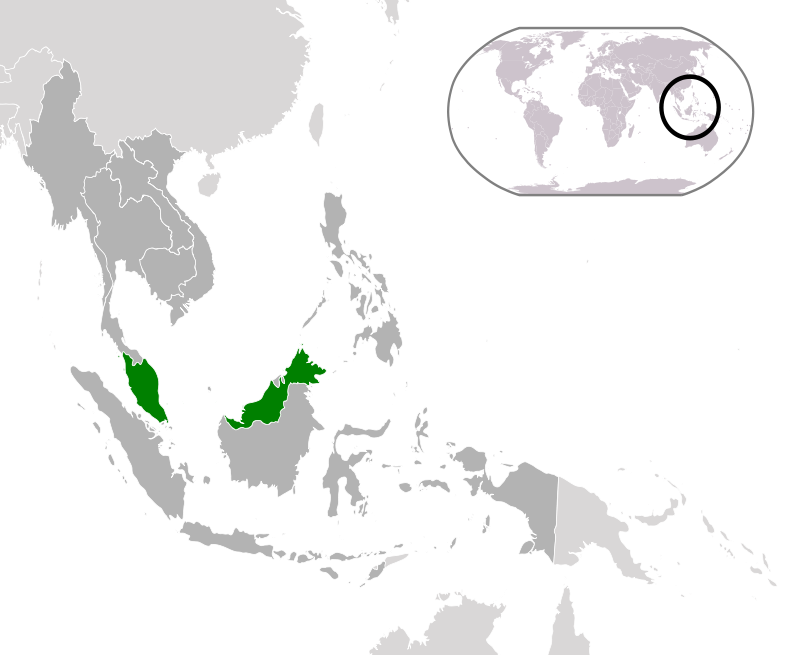Nuclear Weapons 352 - Researchers At Washington University Are Developing Improved Radiation Detectors For Checking Shipments
One of the big fears of the national security establishment in the U.S. is the threat of the detonation of a nuclear device in a U.S. city by a terrorist group. Radioactive materials are tightly controlled in the U.S. by the Nuclear Regulatory Commission. If terrorists are unable to obtain nuclear materials within the U.S., then they might attempt to smuggle them into the U.S. in a cargo container.





